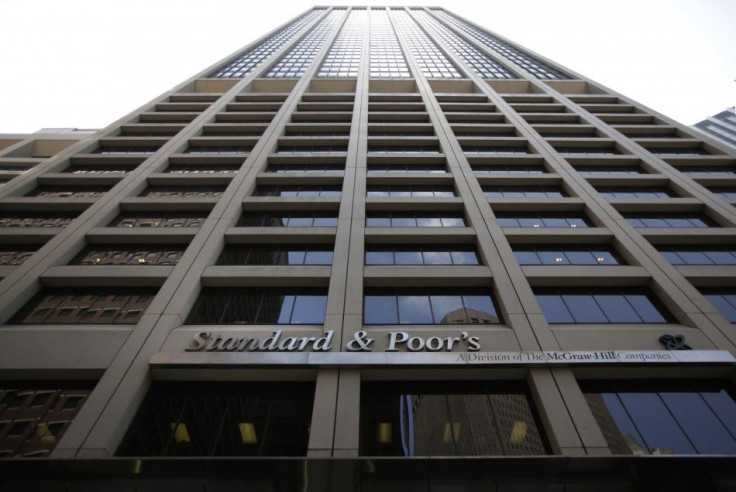No U.S. Credit Downgrade After Super Committee Failure

The super committee's failure will not lead to another downgrade in the United State's credit rating, but it does leave Congress with a budgetary mess on its hand in the coming months.
Two of the three leading rating agencies said the U.S. does not face a downgrade following the super committee's demise, according to Reuters.
S&P Stands Pat
Standard & Poor's already downgraded the nation's status in early August, after congressional leaders and the president could not iron out a long-term solution to the budget deficit and debt increases.
The Fiscal Committee's inability to agree on fiscal measures that would stabilize U.S. government debt as a share of GDP is consistent with our Aug. 5 decision to lower our rating to 'AA-plus', S&P said in a statement.
Moody's: No Change, But Stay Tuned
Moody's, another ratings agency, said the super committee's insolvency would not, in and of itself, lead to a downgrade but was informative for the rating analysis but not decisive.
The U.S.'s long term debt ratings with S&P and Moody's are AA-plus and triple-A respectively, both with a negative outlook.
The committee's chairs, U.S. Sen. Patty Murray, D-Wash., and U.S. Rep. Jeb Hensarling, R-Texas, released a statement stating After months of hard work and intense deliberations, we have come to the conclusion today that it will not be possible to make any bipartisan agreement available to the public before the committee's deadline.
The super committee, formally known as the Joint Select Committee on Deficit Reduction, was established as part of a deficit reduction deal, the Budget Control Act, in exchange for raising the nation's debt ceiling on Aug. 2. While the government was allowed to borrow up to $2.4 trillion more through 2013, the super committee was charged with reaching a bipartisan consensus on $1.2 trillion in deficit reduction over the next decade, in addition to the roughly $900 billion in deficit reduction Congressional Republicans and President Barack Obama agreed to as part of the August debt deal. Congress had until Dec. 23 to pass any recommendations, otherwise trigger cuts, in the form of slashes to defense spending and Medicare benefits, would be automatically enacted.
Those trigger cuts are now the main focus of congressional leaders, as they try to reduce or eliminate cuts to military spending entirely, in an effort to undo the sequestration process in place. Obama has promised to veto any efforts to pull out of the required cuts.
Did Congress Dodge Responsibility, Again?
Any effort to back out of the cuts could force another downgrade by rating agencies, and could send warning signals to investors.
The failure does illustrate yet again the inability of Congress to take the tough decisions to put the federal finances on a sustainable path over the medium term, said Capital Economics.
Though Congress is now on its customary Thanksgiving recess, former Senior Counsel and Tax Counsel for the U.S. Senate Committee on Finance Dead Zerbe said many of the issues the super committee faced could reemerge during negotiations for the 2012 Fiscal Year. At the moment, the federal government's funding comes from a Continuing Resolution set to expire on Dec. 16. Talks to extend those funds could bring some deficit issues to the fore.
This was the last train for any possibilities on tax reform, Zerbe said. Now you're just going to have to look to the elections to hopefully get some party to emerge ahead and take the lead.
Until then, extensions to unemployment benefits, a payroll holiday and continued stop-gap funding measures are on tap, according to Zerbe.
It's only going to highlight this divide and difference we see in the parties, he said.
© Copyright IBTimes 2025. All rights reserved.




















